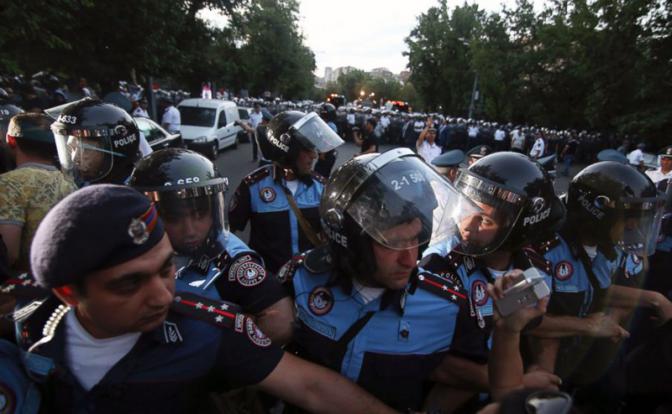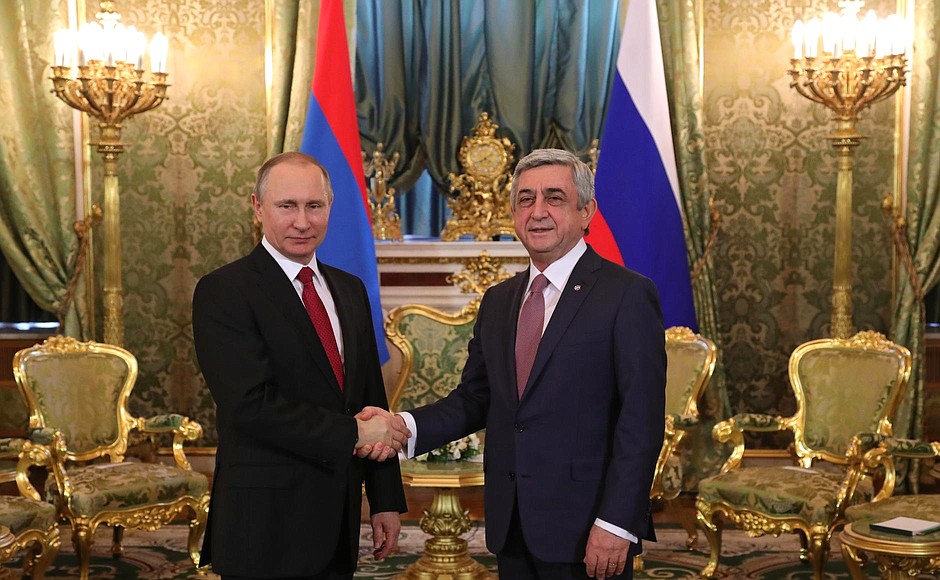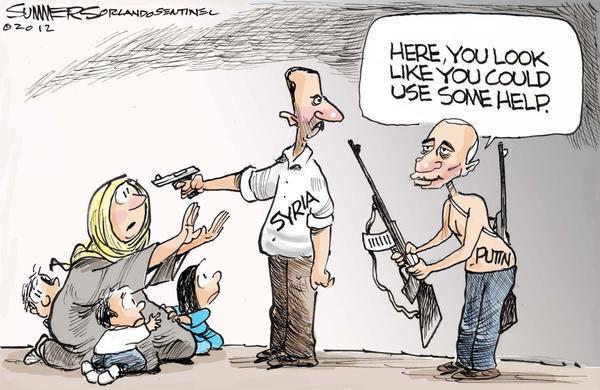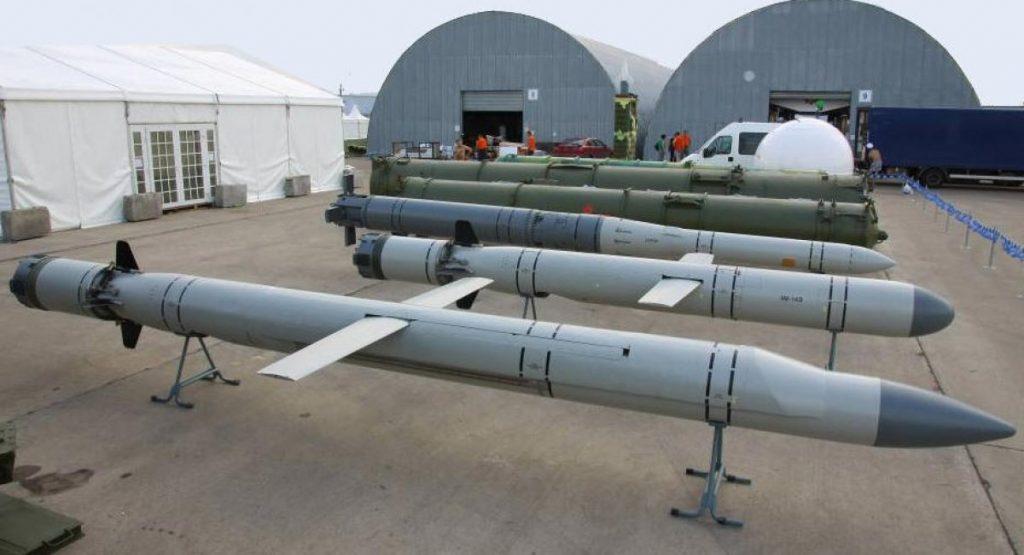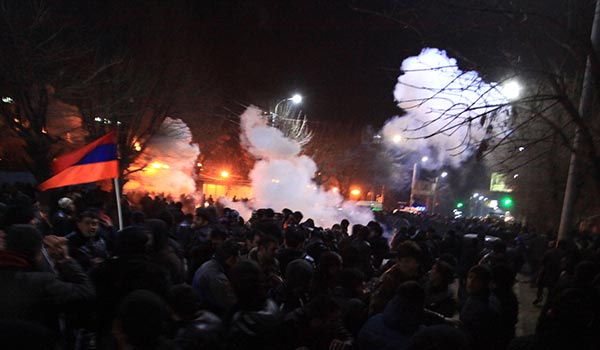Many Russian analysts are hurrying to suggest that this week’s protests in Yerevan and their suppression by the Armenian government are the opening round of a new Maidan, an anti-Moscow action that is being promoted and exploited by the West as part of a broader geopolitical struggle.
But such an interpretation of events, especially if it comes to guide policy, could prove to be the worst form of a self-fulfilling prophecy, transforming what are entirely natural protests by Armenians about domestic conditions into something more and should Moscow choose to defend the existing authorities in Yerevan no matter what alienating that country from Russia.
That is the conclusion Sergey Markedonov of the Russian State Humanities University offers in his latest commentary, one that constitutes a clear warning to the Kremlin as well as to analysts inside Russia and abroad about misreading the situation on the ground by trying to make everything fit into a pre-existing framework.
Those who read every case of popular discontent in the post-Soviet space as a Maidan or proto-Maidan are falling victim to a kind of “’geopolitical determinism,’ according to which practically any of them… is only an expression of ‘a proxy war’ between the United States and Russia.”
Such people are taking the lazy way out and forgetting that “a political crisis is not a virus” that spreads from one place to another but rather reflects specific problems, however much some of those who are participating in it – both in the regimes and in those who oppose them – draw on other cases for their vocabulary.
What is happening in Armenia is decidedly not like what happened in Ukraine, Markedonov says. For one thing, Russia considers Armenia “its strategic partner,” and for another, the government and the people are not divided in their attitude toward Moscow. Some in the government question Yerevan’s ties with Russia; and many in the streets would like to see those ties deeper.
In short, the Moscow analyst says, the issue of Russia “is not the defining element in their struggle;” and it is critically important that “in Moscow people do not fall victim to emotions and look for signs of a Maidan where they are hard to find.” Instead, Russia must recognize that the protesters are not unhappy with Moscow but with Yerevan.
“If Russian politicians and diplomats draw incorrect conclusions and link the opposition to the actions of the [US] State Department,” Markedonov says, then they will create a situation in which Moscow will have to support the Armenian government no matter what, something that could have the effect of alienating Armenians from it.
In that event, what today is a domestic Armenian problem could become a Maidan tomorrow and thus something larger and more dangerous for Russia. Instead, the analyst urges that Russia keep its lines open to both the government and people of Armenia and encourage a settlement rather than backing only one horse.
Markedonov concludes with the statement that he “has no illusions relative to the good intentions of the Americans or Europeans with regard to Russian interests on the post-Soviet space. But to reduce everything that occurs to ill intentions of the US, NATO or the EU is an enormous mistake which can have negative consequences for Russian-Armenian relations.”

